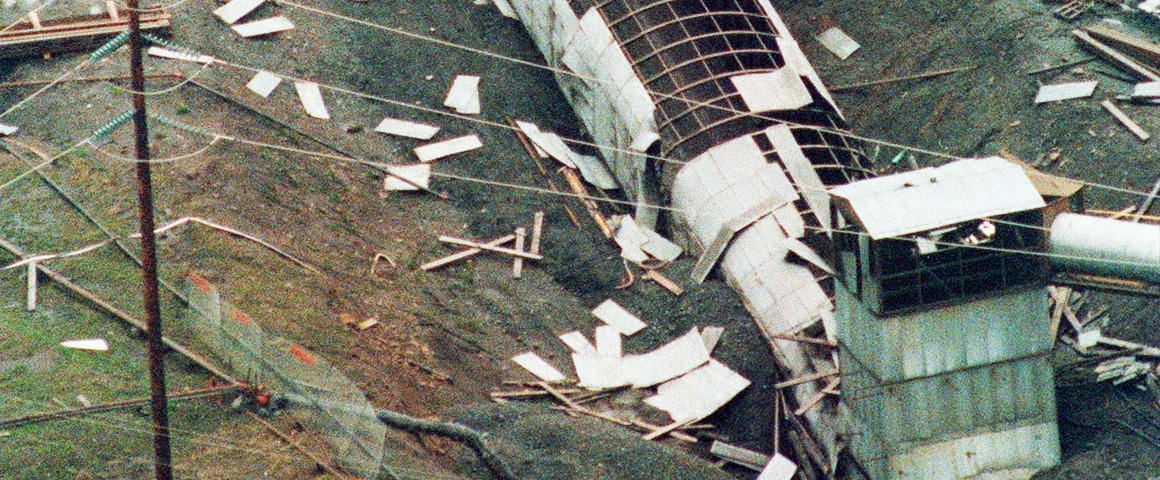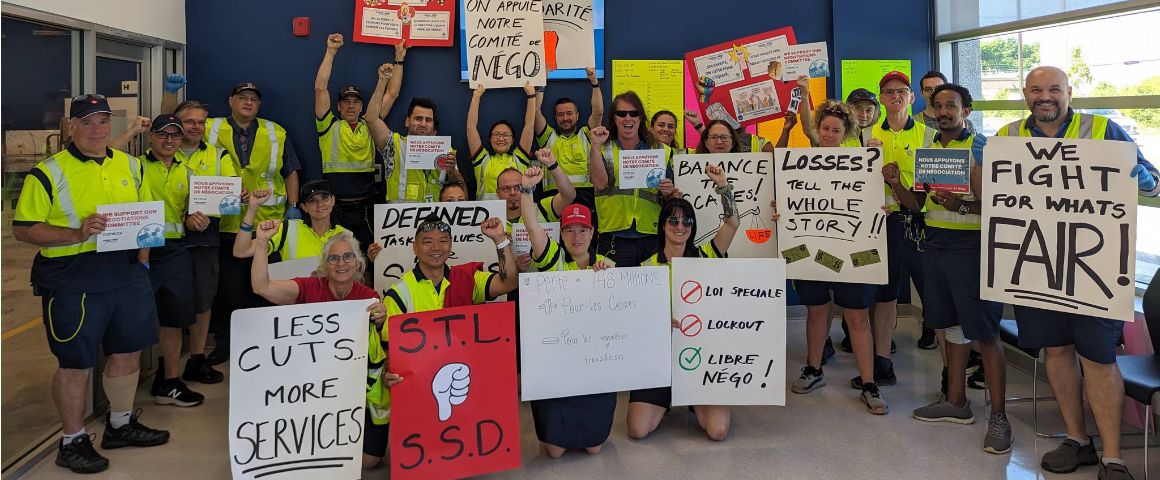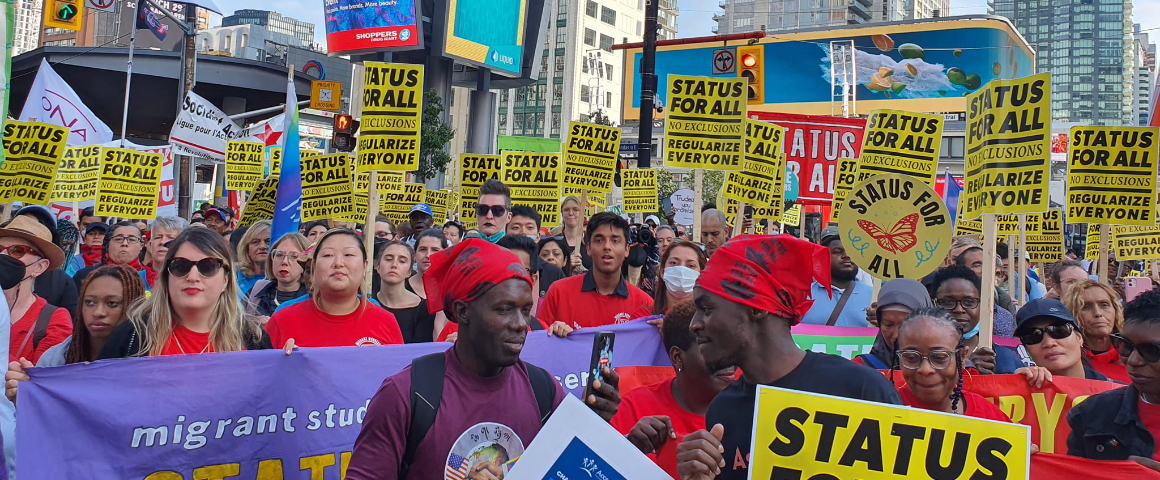May 9 marked the 25th anniversary of the Westray disaster in Nova Scotia, where an underground methane explosion killed 26 coal miners in 1992. Over the history of the coal mining industry, tens of thousands have died in similar explosions and collapses, often described as “accidents”. But as the Westray case proves, there is nothing accidental about the dangers to miners’ lives posed by the pursuit of profits.
Owned and operated by Curragh Resources, Westray Coal opened in September 1991, but closed eight months later when the methane explosion killed all the miners working underground at the time. A public inquiry ordered by the Nova Scotia government concluded that the causes of the disaster were “incompetence, mismanagement, bureaucratic bungling, deceit, ruthlessness … and cynical indifference”, and that Westray management and its owner, Clifford Frame, were ultimately responsible. The punishment for these crimes? Westray and four of its managers were charged with 52 non-criminal counts of operating an unsafe mine. But these charges were later withdrawn, on the excuse that they might jeopardize future criminal charges. A criminal case against two managers did eventually go to trial, only to be dropped by the crown in 1998. The only real punishment went to the families of those killed in the explosion, and the 117 remaining Westray miners who lost their jobs. After years of public pressure, they were finally paid a pittance of 12 weeks’ severance.
In 2003, Parliament passed the “Westray Bill”, to increase legal penalties for corporations and managers who fail to take steps to prevent bodily harm. Nova Scotia, British Columbia and Alberta have all introduced new rules aimed at ensuring safer workplaces. But despite these important changes, CEOs still never get jail time for killing workers in the course of maximizing shareholder profits.




